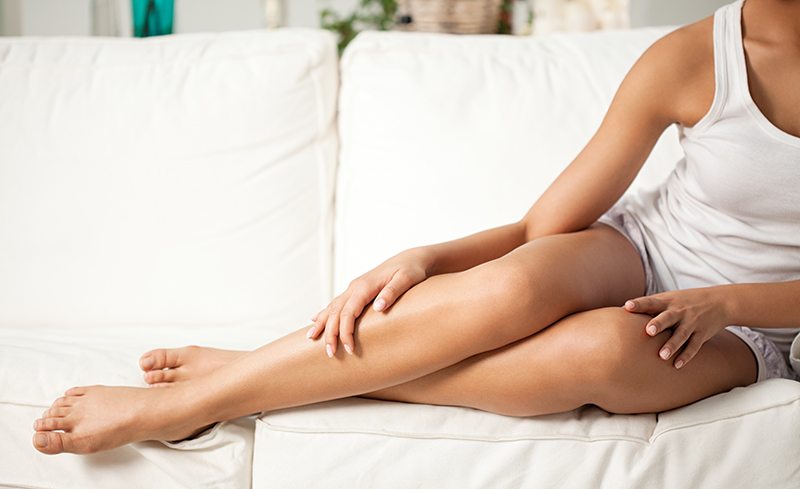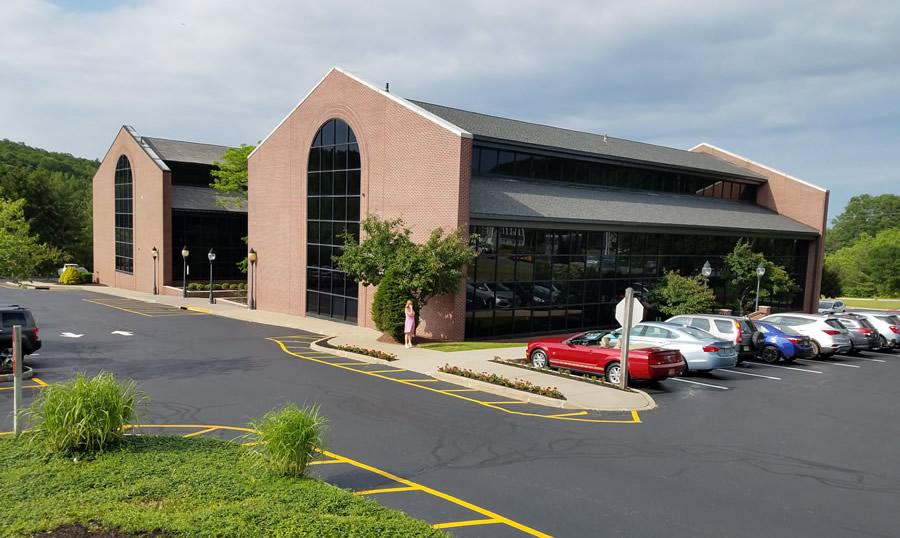Are you more susceptible to developing varicose veins? Are you at risk for varicose veins? There are many factors that may be putting you at risk for the development of these sometimes large and tunnel-like blood vessels.
Are you overweight?
Excess weight not only poses health problems such as diabetes and heart disease, it can make you more prone to developing varicose veins.
The added weight on your legs also means more pressure on your veins.
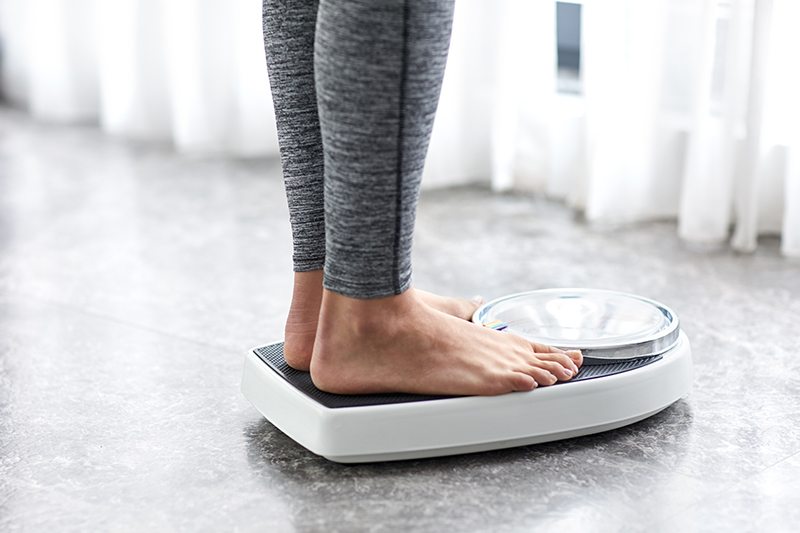
How old are you? Is there a family history?

While varicose veins do not always discriminate on the basis of age, getting older can put you at risk for varicose veins because of the natural wear and tear of vessels.
Genes also can play a significant role in the susceptibility of developing varicose veins. Just around half of people with varicose veins admit to family members also having them.
Is your job cramping your style? Are you experiencing hormonal changes?

Jobs that require you to stand or sit for long periods of time can put you at risk for varicose veins.
Staying in the same position for hours can put a lot of pressure on the veins of your legs, making you more prone to varicose veins.
The hormonal changes that accompany both pregnancy and menopause can lead to relaxation of vein walls, in turn weakening the veins and making them more susceptible to swelling.
Are you doomed to have varicose veins?
Not necessarily. There are many ways to reduce your risk.
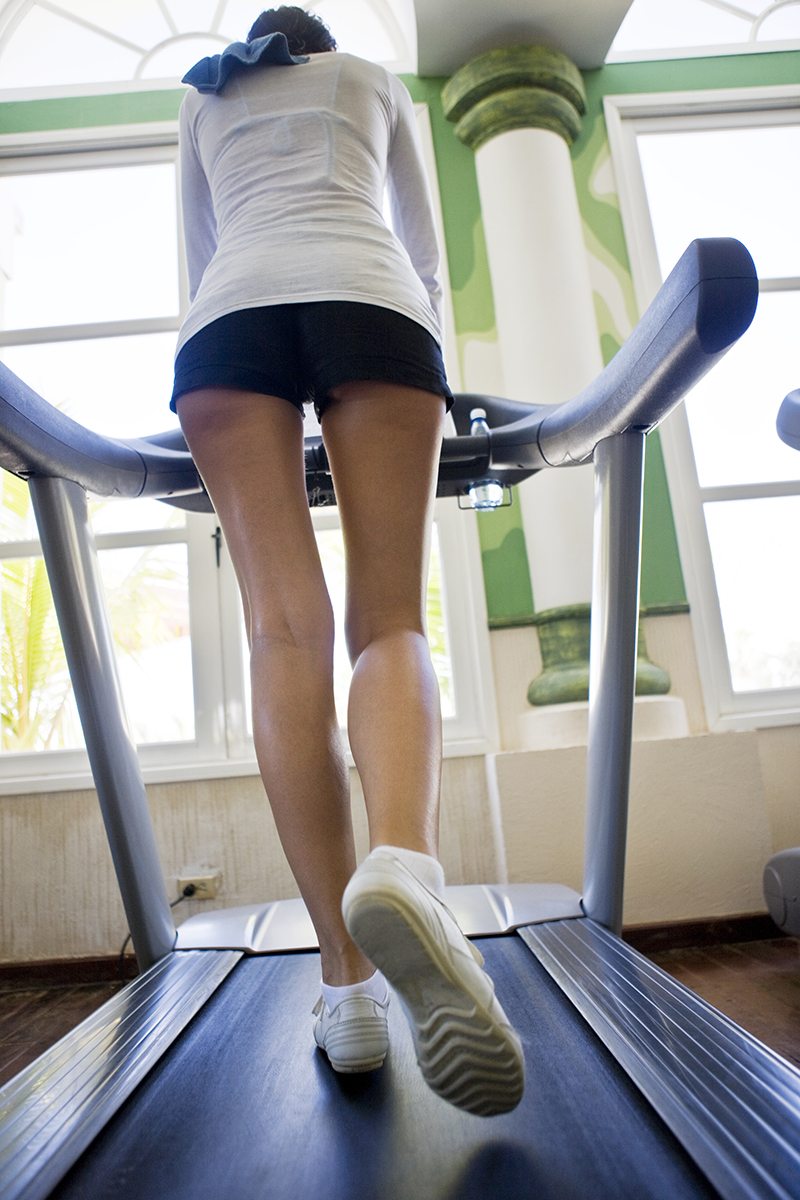
- Stay active whenever possible. Going for a quick walk during a lunch break can go a long way in reducing your chances of developing varicose veins.
- Compression is your friend. Compression socks, stockings or bandages can help to alleviate some of the stress on your legs and keep blood from pooling.
- Rest! While staying active is vital in maintaining vascular health, resting and elevation are just as important, especially if you work a job that requires you to stand for long periods of time.
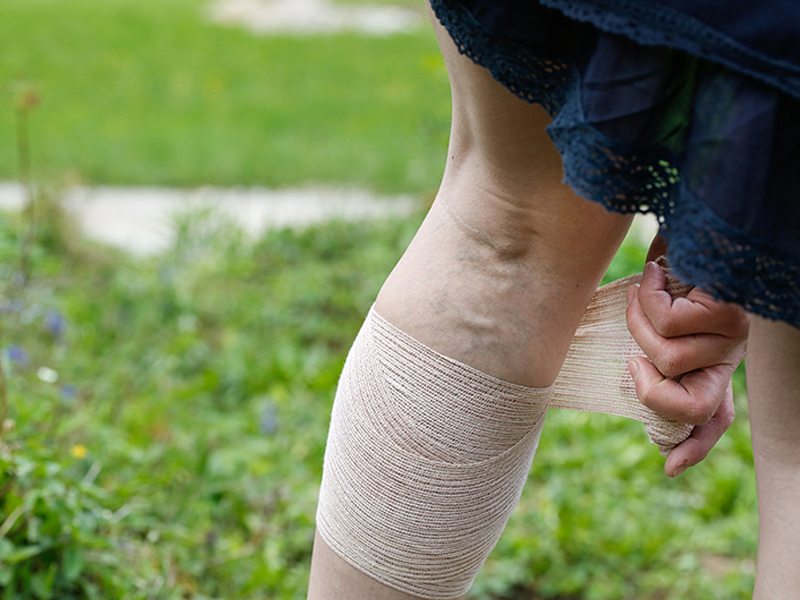

For more information about varicose veins and their treatment, contact NJVVC today!

